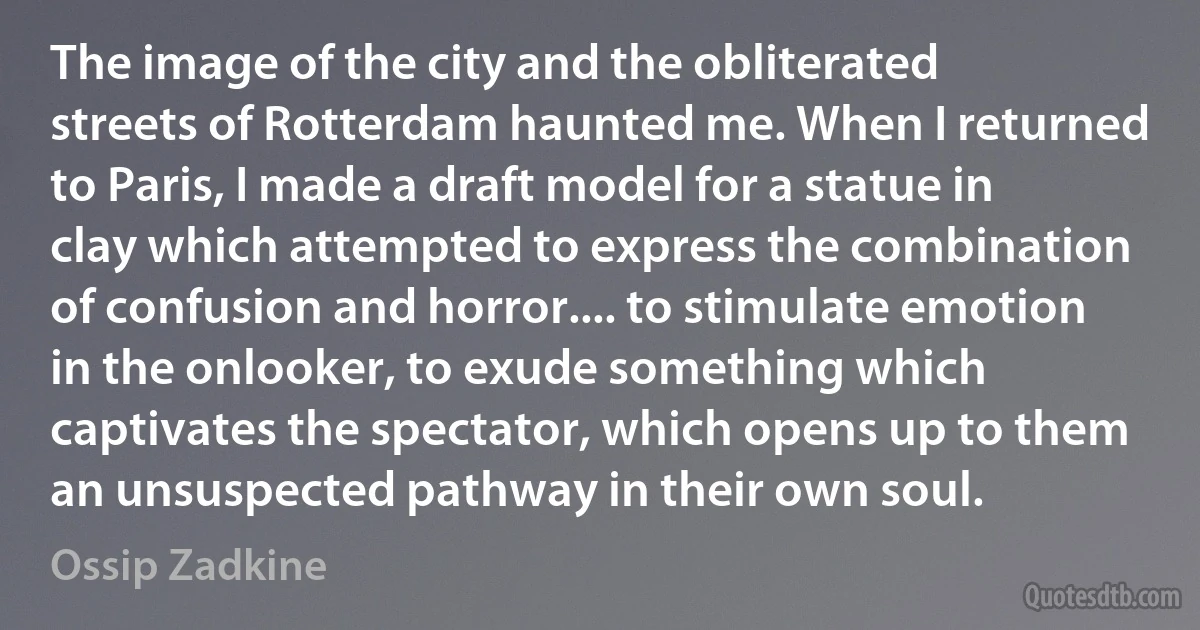Combination Quotes - page 16
With comedy, it's a combination of knowing the comedic beat was good - it made you laugh, it made people on the crew laugh. With drama, you do something deep and if your stuff was really effective, the ultimate result is silence. Silence is not necessarily... that would also be the result if you sucked.

Chris Pratt
I love the sound of words, the feel of them, the flow of them. I love the challenge of finding just that perfect combination of words to describe a curl of the lip, a tilt of the chin, a change in the atmosphere. Done well, novel-writing can combine lyricism with practicality in a way that makes one think of grand tapestries, both functional and beautiful. Fifty years from now, I imagine I'll still be questing after just that right combination of words.

Lauren Willig
Opticks was out of harmony with the ideas of 19th-century physics. ...an exposition of the "wrong" (i. e., corpuscular) theory of light,-even though it also contained many of the basic principles of the "correct" (i. e., wave) theory. Not only had Newton erred in his choice... but also he apparently had found no insuperable difficulty in simultaneously embracing features of two opposing theories. ...by adopting a combination of the two theories at once, he had violated one of the major canons of 19th-century physics... Today our point of view is influenced by the theory of photons and matter waves, or the... complementarity of Niels Bohr; and we may read with a new interest Newtons ideas on the interaction of light and matter or his explanation of the corpuscular and undulatory aspects of light.

I. Bernard Cohen
Every chemical combination is wholly and solely dependent on two opposing forces, positive and negative electricity, and every chemical compound must be composed of two parts combined by the agency of their electrochemical reaction, since there is no third force. Hence it follows that every compound body, whatever the number of its constituents, can be divided into two parts, one of which is positively and the other negatively electrical.

Jons Jacob Berzelius
Within a remarkable short time totalitarian rule had been reimposed on half a continent using a combination of force and fraud. . . Although they were subjected to relentless assault from state-sponsored atheism, the Christian Churches remained the only licensed sanctuaries from the prevailing world of brutality and lies. Appropriately enough . . . they played an important role in the overthrow of Communism forty years later.

Michael Burleigh
Individually, workingmen are weak, and, when separated, each one follows a different course, without accomplishing anything for himself or his fellow man; but when combined in one common bond of brotherhood, they become as the cable, each strand of which, though weak and insignificant enough in itself, is assisted and strengthened by being joined with others, and the work that one could not perform alone is easily accomplished by a combination of strands.

Terence V. Powderly
My family was all about education, and me being there was a combination of my parents instilling in my sister and I that this was the ticket to wherever you want to go in life-education. And that's what I tell my children: You've got to work now, play later. You've got to get to the place where when you're a senior in high school, you've got choices; you've got to put in the work.

Courtney B. Vance
Earl Grey rose, and said, that the motion of the noble lord had his most entire and full assent...he could not sit silent on the occasion, impressed as he was with feelings of gratitude and admiration towards that great commander who was the subject of this vote, and deriving a just national pride from the consideration, that the honour of the country had been so greatly exalted by the conduct of that distinguished general and his brave army...the apparent contrast, or contradiction, as some might call it, between the sentiments which he had now delivered, and the opinions which he had expressed on former occasions...upon the whole it appeared manifest, that by the most exemplary and patient perseverance under unfavourable circumstances, and at the moment of action by the skilful combination of force and the most determined courage, a great success had been achieved, and as much honour done to the British army as any victory could have accomplished.

Charles Grey, 2nd Earl Grey
Had I not had the childhood I did, would these traits not be so at the forefront of my personality? Who knows? All I know is that I am the product of all the experiences I have had, good and bad, and if I am in a happy place in my life (as I truly am), then I can have no regrets about any of the combination of events and circumstances that have led me to the here and now.

Alan Cumming
I ask myself in this bookː on what assumptions about the world and the mind, the self and society, do these beliefs-mere translations and developments of a creed that has already taken over the world and set it on fire-continue to make sense? Within what larger combination of ideas can we ground, develop, and correct them?

Roberto Mangabeira Unger
The earlier political thinkers used the term "organization" in the broadest sense of the term, that is, with reference to the widest aspects of the patterns of political forces in a given state. Thus a political society might be organized as a monarchy, aristocracy, or democracy, as a city-state, feudal state, a national state, imperial state, or a world state. Emphasis was also placed on the organs of organization. These came to be standardized in the course of time under the categories of legislative, executive, and judicial organs, the combination of which in some form of balance was held to be the indispensable basis of sound organization.

Charles Edward Merriam
It is perfectly evident to any logical mind that when you have got the vote, by the proper use of the vote in sufficient numbers, by combination, you can get out of any legislature whatever you want, or, if you cannot get it, you can send them about their business and choose other people who will be more attentive to your demands.

Emmeline Pankhurst
Labor is a social process. Each enterprise is part of the productive body of society. The total social production is formed by their connection and collaboration. Like the cells that constitute a living organism, they cannot exist isolated and cut off from the body. So the organization of the work inside the shop is only one-half of the task of the workers. Over it, a still more important task, stands the joining of the separate enterprises, their combination into a social organization.

Antonie Pannekoek
When it came to the tiger, I found that animating the movements of a large feline animal posed some difficulties, as it required precise and miniscule advancements in movement throughout its body. As well as tigers, I also studied domestic cats, and by so doing managed to achieve a combination of mannerisms represented by both. The overall impression is of latent ferocity and a lust for blood, but at the same time there are also slow, graceful movements that mask the creature's power.

Ray Harryhausen
Although Gwangi had been an allosaurus in Obie's version, I decided to make him more of a tyrannosaurus, and so I used elements from both species to make what I suppose could be called a 'tyrannosaurus al'. This combination allowed me a flexibility between aggressiveness and agility. If you like, he was glamourized.

Ray Harryhausen



